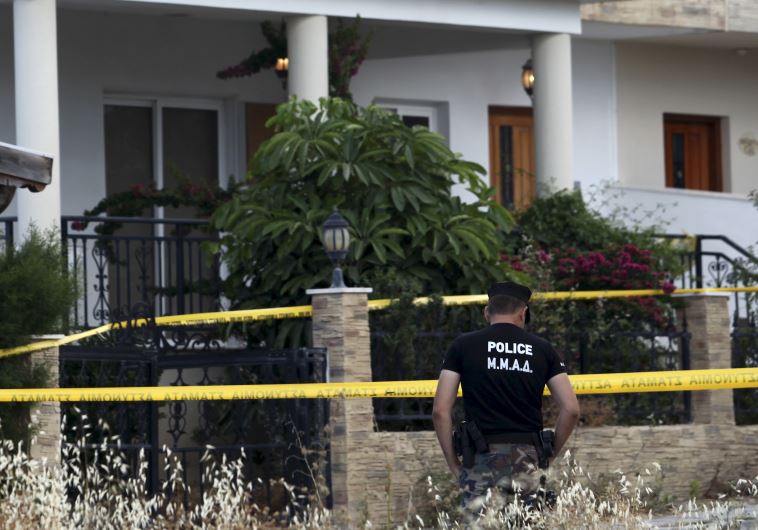Lebanese-Canadian arrested in Cyprus denies link to Hezbollah
A Cypriot court extended the detention of a Lebanese-Canadian man on Friday over the discovery of five tons of chemical fertilizer.
 A policeman stands guard at a house where police discovered almost two tons of ammonium nitrate in Larnaca, Cyprus
A policeman stands guard at a house where police discovered almost two tons of ammonium nitrate in Larnaca, Cyprus